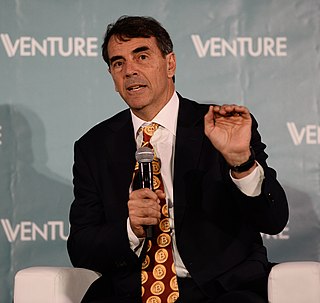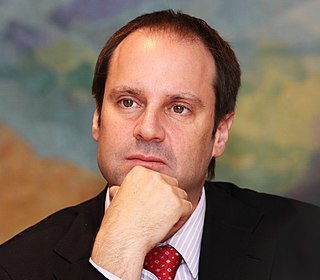A Quote by Elon Musk
There's no better place in the world for technology start-ups than Silicon Valley; there's such an incredible well of talent and capital and resources. The whole system is set up to foster the creation of new companies.
Related Quotes
More and more major industries are being run on software and delivered as online services—from movies to agriculture to national defense. Many of the winners are Silicon Valley-style entrepreneurial technology companies that are invading and overturning established industry structures. Over the next 10 years, I expect many more industries to be disrupted by software, with new world-beating Silicon Valley companies doing the disruption in more cases than not.
The reason we have so much talent in Silicon Valley building and investing in for-profit technology companies is that markets richly reward successful ideas, no matter who invents them. But to remain competitive in a free market, companies must exercise discipline to meet quantitative goals and eventually become cashflow positive.
In the ideology of the new Silicon Valley, work was for the owned. Play was for the owners. There was a fundamental capitalism at work: While they abhorred the idea of being a wage slave, the young men of Silicon Valley were not trying to tear down the capitalist system. They were trying to become its new masters.
I believe that Silicon Valley is truly a place of excellence and the impact of this tiny community on the world is completely disproportionate to its size. We are the undisputed leaders of technological change. But with our abundance of talent and resources, we also have the opportunity to be the pioneers of social change and, ultimately, this may be our greatest contribution.
There is more interest in what is occurring in technology companies that impact news. Such companies don't have the same sense of transparency about what they do. They have a tradition of secrecy about products, mores and decision-making that goes along with Silicon Valley and intellectual property and technology. You cannot step onto the grounds of Google without signing a Non-Disclosure Agreement. That industrial secrecy mentality exists along with a theoretical sensibility about transparency on the Web, which is different than transparency inside companies that profit from the Web.


































